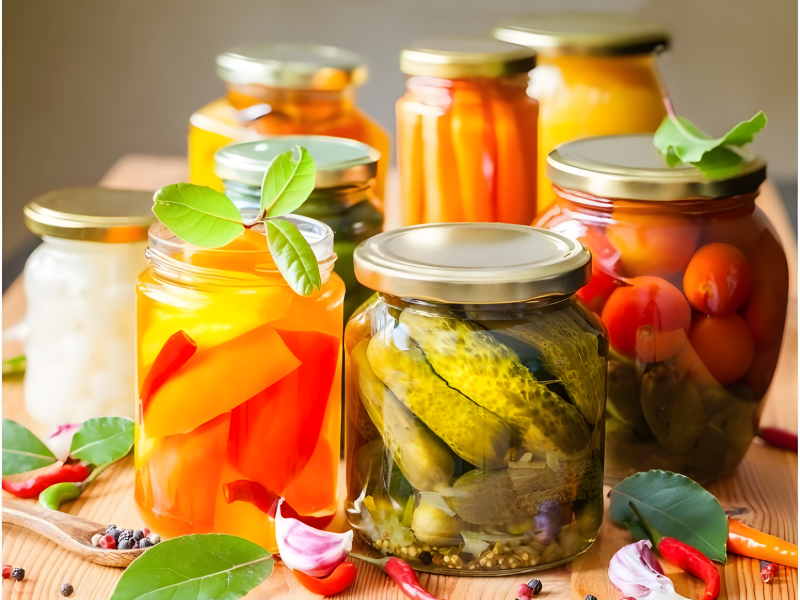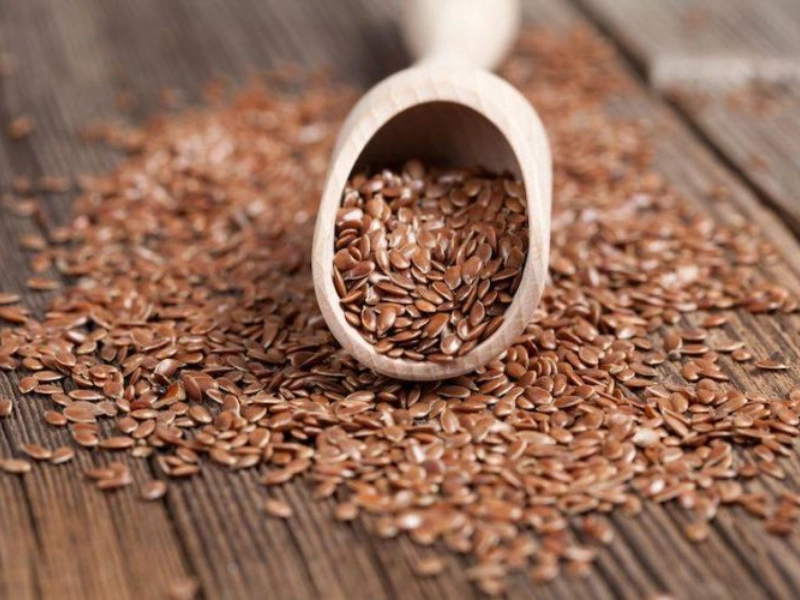30 Unhealthy Foods From Our Regular Diet
Vegetable Cans

Nutritional Impact of Canning on Vegetables Canned vegetables are a convenient option for many, but the canning process can significantly affect their nutritional value. High temperatures are required to eliminate harmful microorganisms and ensure food safety. However, this necessary step comes at a cost.
Key Nutritional Losses Loss of Nutrients
The high heat used during the canning process can lead to a substantial loss of vital nutrients. Water-soluble vitamins, particularly vitamin C, are especially susceptible to degradation when exposed to heat. Decreased Beneficial Compounds
Many beneficial compounds, such as antioxidants and phytochemicals, may also be diminished during canning. These compounds are important for overall health and can provide protective benefits against various diseases. Flavor and Texture Changes
In addition to nutrient loss, the canning process can alter the flavor and texture of vegetables, making them less appealing compared to their fresh counterparts. Conclusion In summary, while canned vegetables offer convenience and a longer shelf life, the high temperatures required for safe canning result in the loss of many essential nutrients, particularly vitamin C. To maximize nutritional intake, it is advisable to incorporate fresh or frozen vegetables into your diet whenever possible, as they retain more of their beneficial compounds and overall quality.








